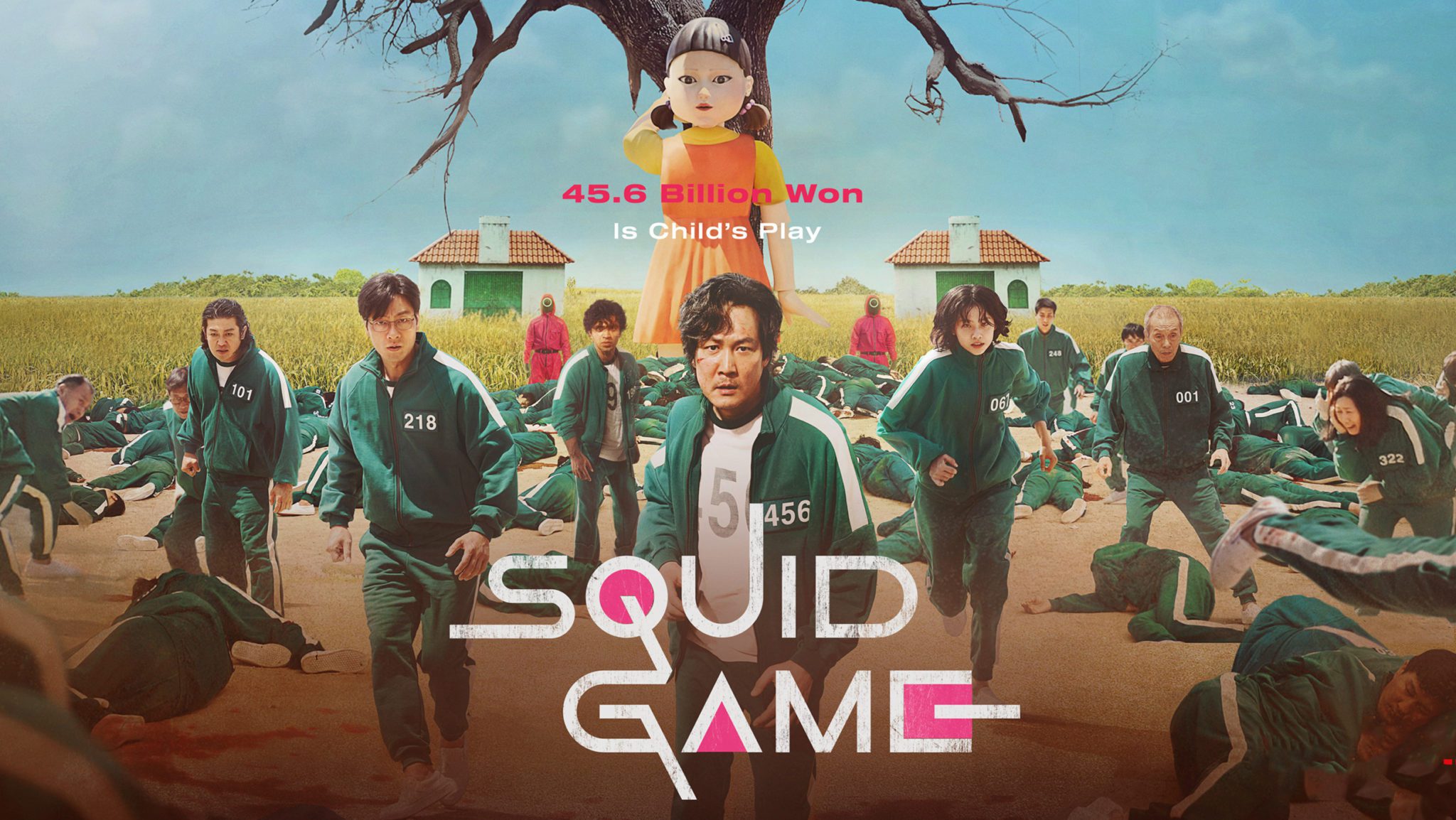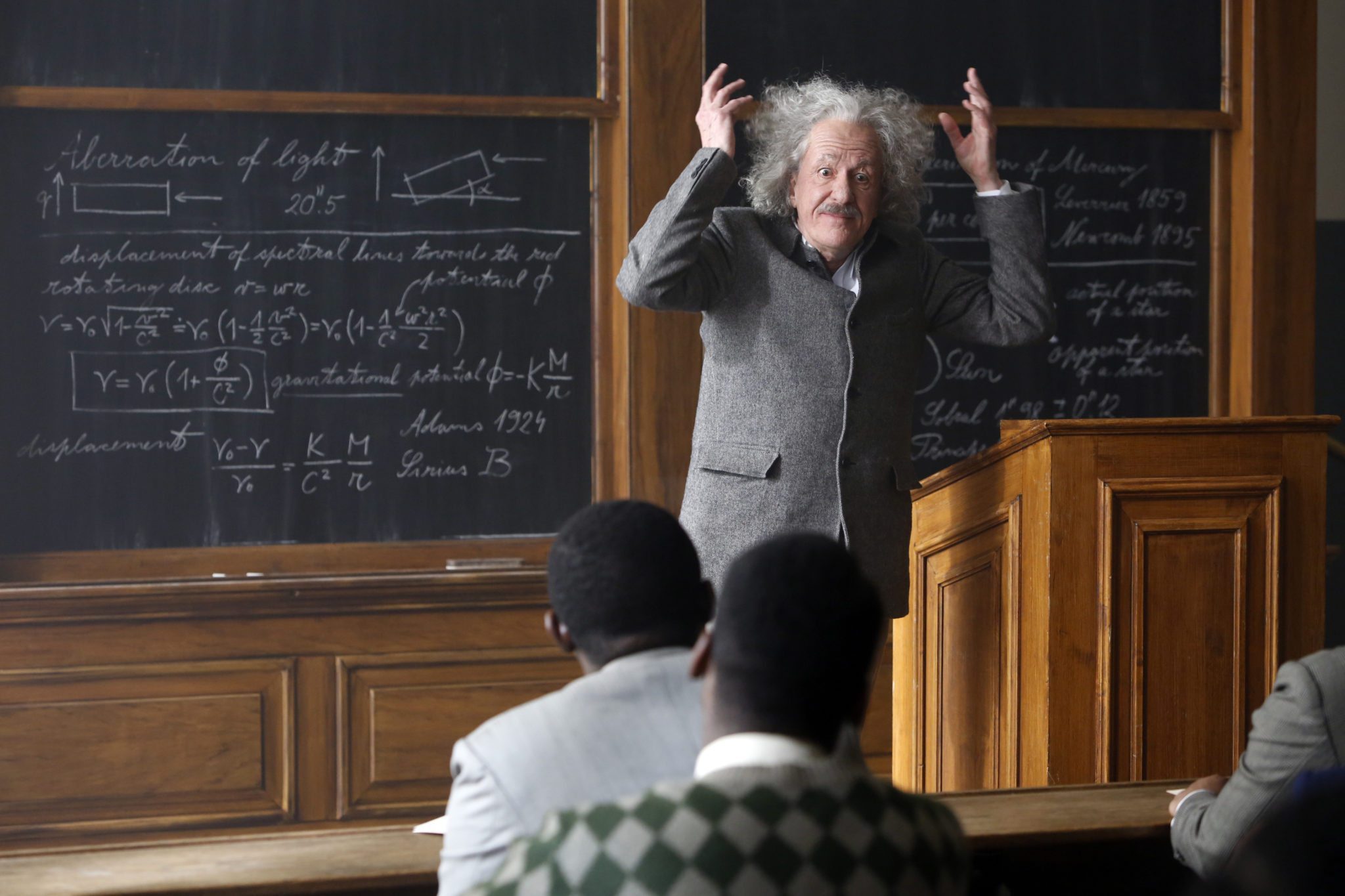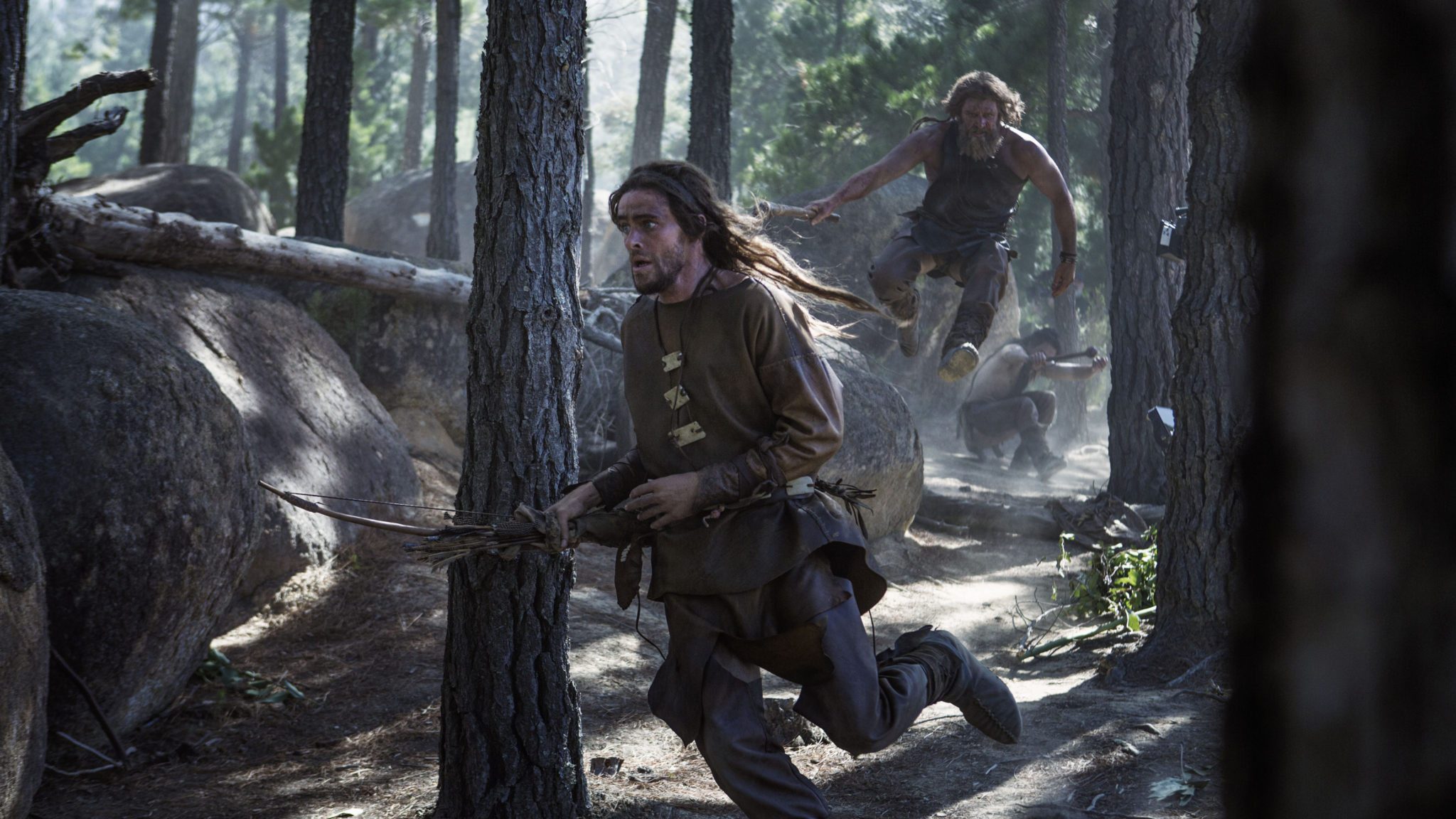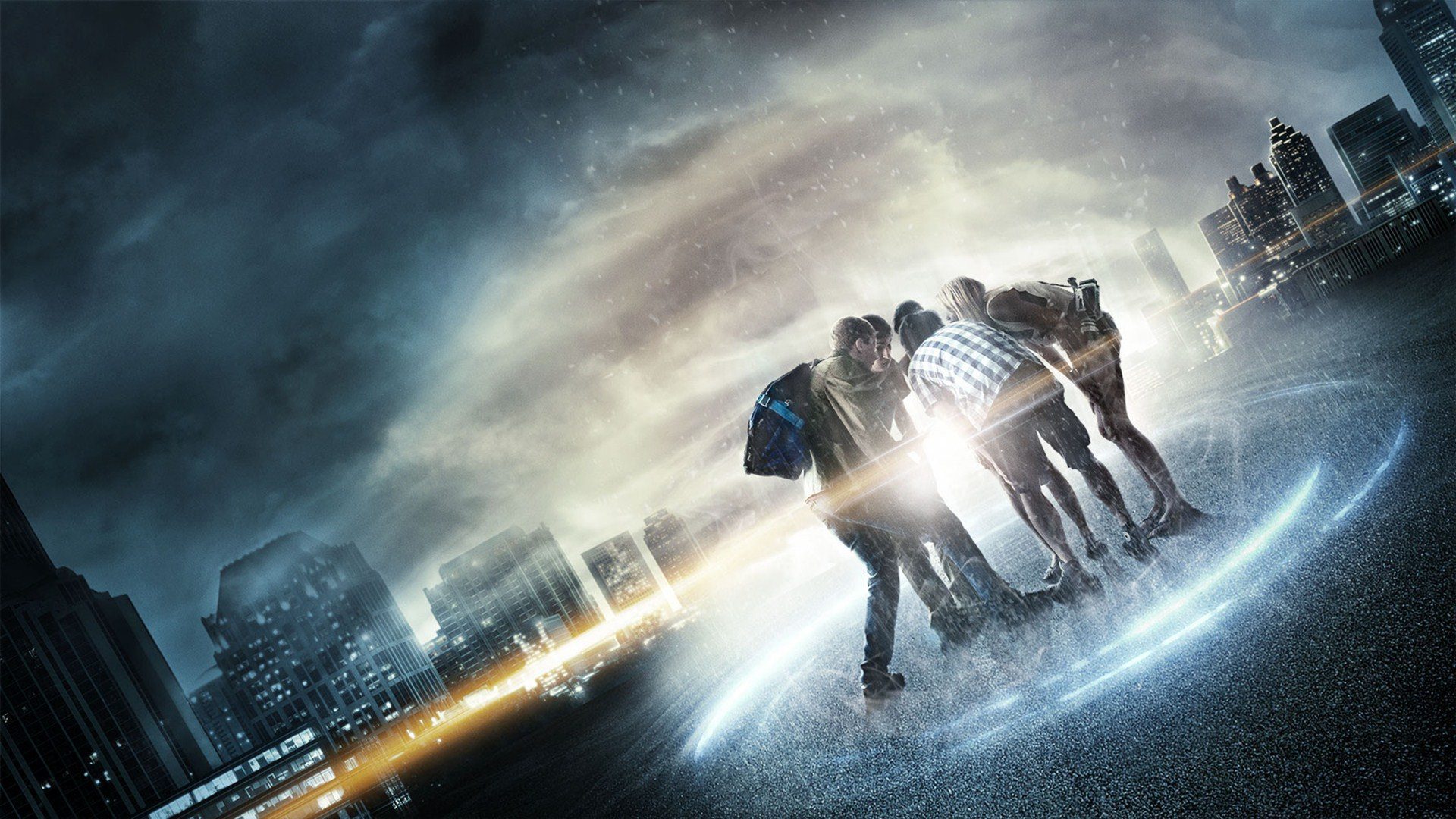
A New Civil War? Squid Game
The country has never seemed more divided. New data suggests that many Americans think it’s “time to split the country.” Are we in for a new Civil War? In this new episode of the Your Sunday Drive podcast, we use an article by David French, a quote from Andrew Yang, the recent controversy surrounding Facebook,…



